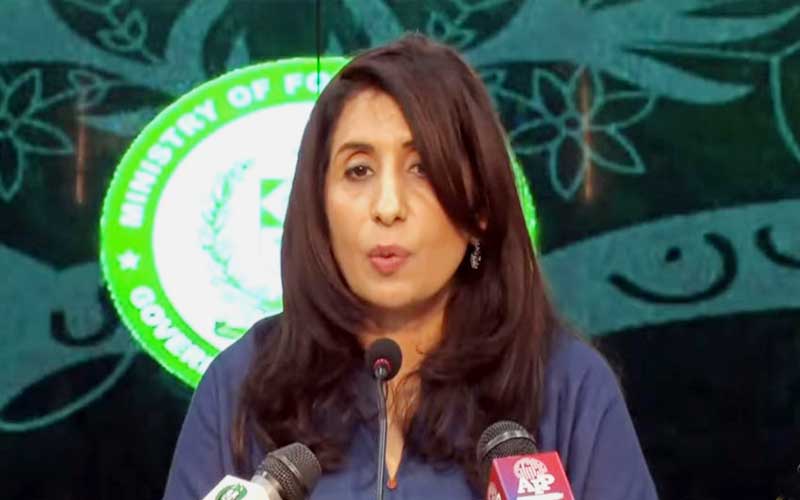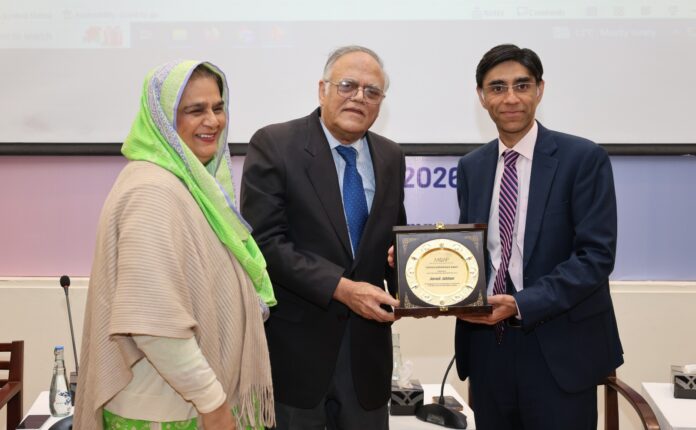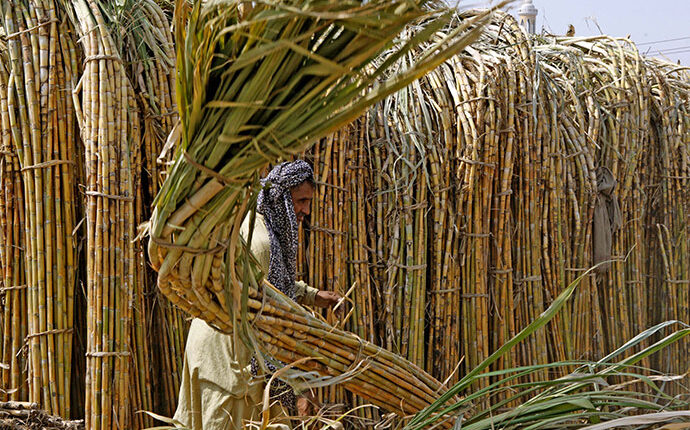In her first official policy statement on the situation in Bangladesh, the spokeswoman for the Ministry of Foreign Affairs (MOFA) expressed solidarity with the people of Bangladesh.
The government and people of Pakistan stand in solidarity with the people of Bangladesh and sincerely hope for a peaceful and speedy return to normalcy.
“We are confident that the tenacious spirit and unity of the Bangladeshi people will lead them to a harmonious future,” the statement said.
The night before longtime leader Sheikh Hasina suddenly fled Bangladesh amid deadly protests, its army chief held a meeting with his generals and decided troops would not open fire on civilians to enforce a curfew, two serving army officers with knowledge of the proceedings said. Reuters.
General Waker-Uz-Zaman then approached Hasina’s office and told the prime minister that his troops would not be able to carry out the lockdown she demanded, according to an Indian official briefed on the matter.
The message was clear, the official said: Hasina no longer had the support of the military.
Details of the online meeting between the military top brass and Hasina’s message that she had lost their support were not previously reported.
They help explain how Hasa’s 15-year rule, during which she defeated little dissent, came to such a chaotic and abrupt end on Monday when she fled Bangladesh for India.
Army spokesman Lt. Col. Sami Ud Dowla Chowdhury confirmed Sunday evening’s discussions, which he described as a regular meeting to update after any disruption. He did not elaborate when asked further questions about the decision at that meeting.
Reuters spoke to ten people familiar with the events of the past week, including four serving army officers and two other informed sources in Bangladesh, to piece together the last 48 hours of Hasina’s rule.
Her firm grip on power has been challenged since the summer by protests sparked by a court ruling to reserve government jobs — hard to find because of high youth unemployment — for certain segments of the population. The decision was overturned, but the demonstrations quickly turned into a movement to oust Hasina.
But the scale of the protests and the death toll of at least 241 made supporting Hasina at any cost unsustainable, three former senior Bangladeshi army officers told Reuters.
“There was a lot of unrest within the soldiers,” said Brig. Gene. M. Sakhawat Hossain.
Zaman, who is related to Hasina by marriage, showed signs of hesitation in his support for the prime minister on Saturday as he sat on an ornate wooden chair and addressed hundreds of uniformed officers at a town hall meeting. The military later released some details of that discussion.
The general said there was a need to protect lives and urged his officers to exercise patience, army spokesman Chowdhury said.
Retired senior soldiers such as Brig. General Mohammad Shahedul Anam Khan was among those who defied the curfew and took to the streets on Monday.
“The army didn’t stop us,” said Khan, a former infantryman.
‘Short Notice’
On Monday, the first full day of an indefinite nationwide curfew, Hasina was holed up in the Ganabhaban, or “People’s Palace,” a heavily guarded compound in the capital Dhaka that serves as her official residence.
Outside, in the streets of the sprawling city, crowds had gathered. Tens of thousands of people responded to a call by protest leaders to march to oust the leader, which poured into the heart of the city.
With the situation spiraling out of her control, the 76-year-old leader decided to flee the country on Monday morning, an Indian official and two Bangladeshi nationals familiar with the matter said.
Indian Foreign Minister Subrahmanyam Jaishankar told parliament on Tuesday that Delhi had urged “various political forces with whom we have been in contact” to resolve the situation through dialogue during July.
But as crowds of people defying the curfew gathered in Dhaka on Monday, Hasina decided to resign “after meeting the leaders of the security establishment”, he added.
A second Indian official said Hasina had been told “diplomatically” that her stay had to be temporary for fear it would negatively affect Delhi’s relations with the next government in Dhaka.
Nobel laureate Muhammad Yunus, who is wanted by protesting students to head the caretaker government after Hasina was ousted, told The New Indian Express that India had “good relations with the wrong people… Please go back to your foreign policy”.
Yunus was not immediately available for an interview.







